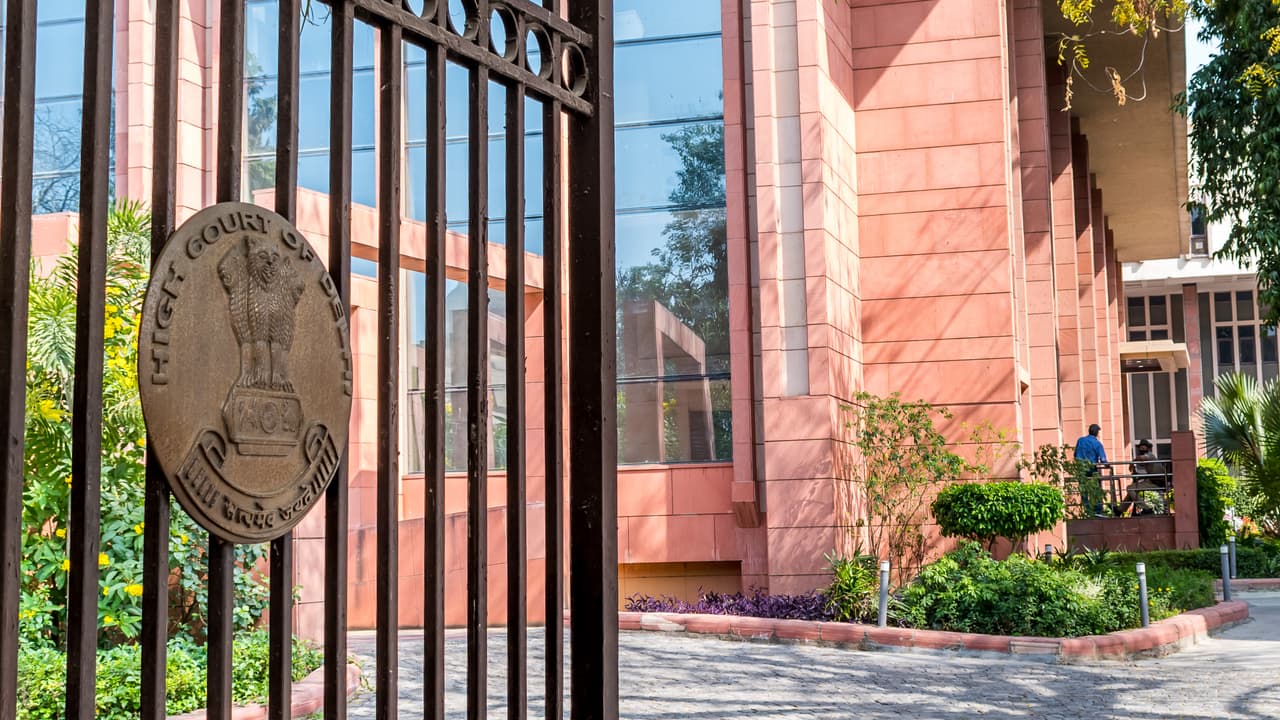It also cites non-compliance with CBSE’s NCERT textbook mandate and the School Bag Policy. The petitioner proposes a “Fixed Rate – Fixed Weight System” for private books when NCERT books are unavailable.
New Delhi [India]: The Delhi High Court on Wednesday issued notices to the Government of NCT of Delhi (GNCTD), the Central Board of Secondary Education (CBSE), and the National Council of Educational Research and Training (NCERT) in response to a Public Interest Litigation (PIL) challenging the alleged commercialisation of education and the systematic exclusion of Economically Weaker Section (EWS) students in private schools. The case was heard by a bench comprising Chief Justice DK Upadhyaya and Justice Tushar Rao Gedela, who directed the respondents to submit their replies. During the hearing, Advocate Amit Prasad represented the petitioner and urged the court to intervene against the widespread practice of private schools compelling parents to purchase expensive books from private publishers and excessive school materials, which disproportionately affect EWS families.
Advocate Prasad raised several key concerns. First, it highlighted violations of the Right to Education (RTE) Act, particularly Section 12(1)(c), which mandates 25% reservation for disadvantaged children. The petitioner argued that schools are systematically excluding EWS students by requiring parents to buy books costing ₹10,000-₹12,000 annually, while the Delhi government provides only ₹5,000 in reimbursement. This financial gap often forces families to withdraw their children from school. Second, the petition pointed to non-compliance with CBSE guidelines. Despite circulars issued in 2016 and 2017 mandating the exclusive use of NCERT textbooks, many private schools continue to prescribe books from private publishers. While NCERT books cost around ₹700 annually, private books can exceed ₹10,000, violating CBSE Affiliation Bye-laws that prohibit commercialisation.
Third, the petition addressed health concerns related to the weight of school bags. According to the School Bag Policy, 2020, the weight of a child’s school bag should not exceed 10% of their body weight. However, students often carry bags weighing 6-8 kilograms, leading to musculoskeletal damage and psychological stress.
The PIL was filed by Jasmit Singh Sahni, Director of Doon School, through Advocate Satyam Singh Rajput. RTI applications filed by the petitioner between April and May 2024 revealed that NCERT lacks a mechanism to monitor compliance with its textbook mandate, and CBSE has no statutory framework or penalties for non-compliance. This regulatory vacuum enables schools to impose private publisher books without oversight. To address these issues, the petition proposed a statutory “Fixed Rate – Fixed Weight System” for regulating private books in cases where NCERT books are unavailable. This system would cap book prices based on page count, GSM quality, and curriculum compliance, while ensuring weight limits are strictly enforced. The petitioner argued that such transparency would help curb monopolistic practices by private publishers.
The PIL seeks judicial directions to enforce Section 12(1)(c) of the RTE Act, ensure exclusive or priority use of NCERT books in CBSE schools, regulate pricing for private books only when NCERT books are unavailable, implement the School Bag Policy with binding effect, initiate disciplinary action against defaulting schools, and frame statutory rules with penalties to prevent commercialisation. The petitioner stated, “Education is a fundamental right, not a commercial enterprise. The current system has created a parallel economy worth over ₹55,000 crore annually, built on the exploitation of parents and the exclusion of disadvantaged children. This PIL seeks to restore the constitutional promise of free and equitable education.”
The petition also cited a legal precedent from the Madras High Court in M. Purushottam v. Union of India, which held that prescribing non-NCERT books imposes an unjustified economic burden on parents and reflects a disregard for CBSE directives.
